Copper is a versatile metal that finds extensive use in various industries and applications due to its unique properties. In this article, we will explore some of the primary uses of copper.
I. Electrical Applications
Copper is renowned for its excellent electrical conductivity, making it an ideal material for electrical wiring and conductors. It is widely used in:
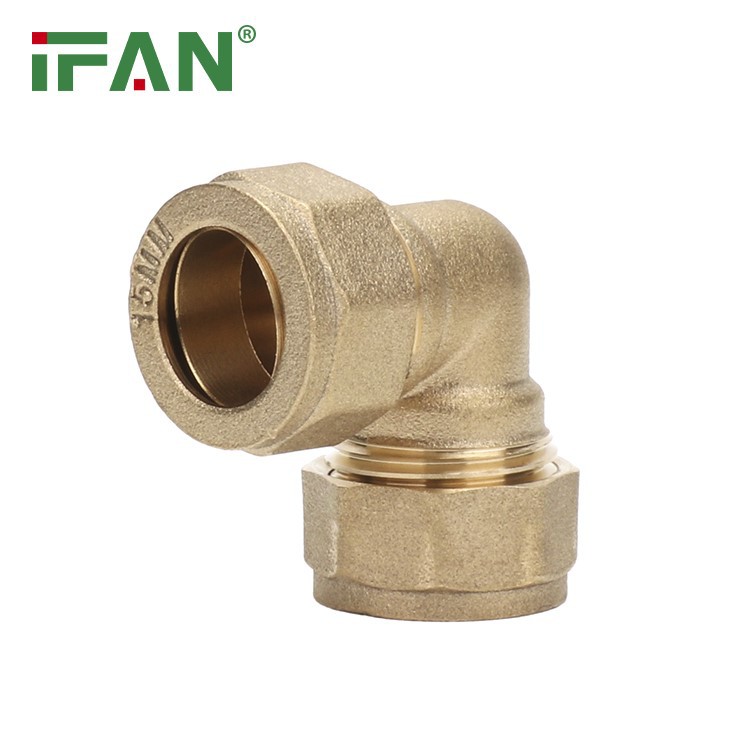
Power Transmission: Copper wires are used in power lines to transmit electricity efficiently over long distances with minimal energy loss.
Electrical Cables: Copper cables are commonly used in homes, buildings, and industrial settings for electrical connections.
Motors and Generators: Copper coils form an essential part of electric motors and generators, converting electrical energy into mechanical energy and vice versa.
Transformers: Copper windings in transformers help step up or step down voltage levels during electrical distribution.
II. Plumbing and HVAC Systems
Copper's durability and corrosion resistance make it a preferred material for plumbing and HVAC (heating, ventilation, and air conditioning) systems:
Water Pipes: Copper pipes and tubing are widely used in plumbing systems for water supply in residential, commercial, and industrial applications.
Heating Systems: Copper radiators and heat exchangers efficiently transfer heat in central heating systems.
Air Conditioning: Copper coils and tubing are used in air conditioning systems to facilitate heat exchange and refrigerant circulation.
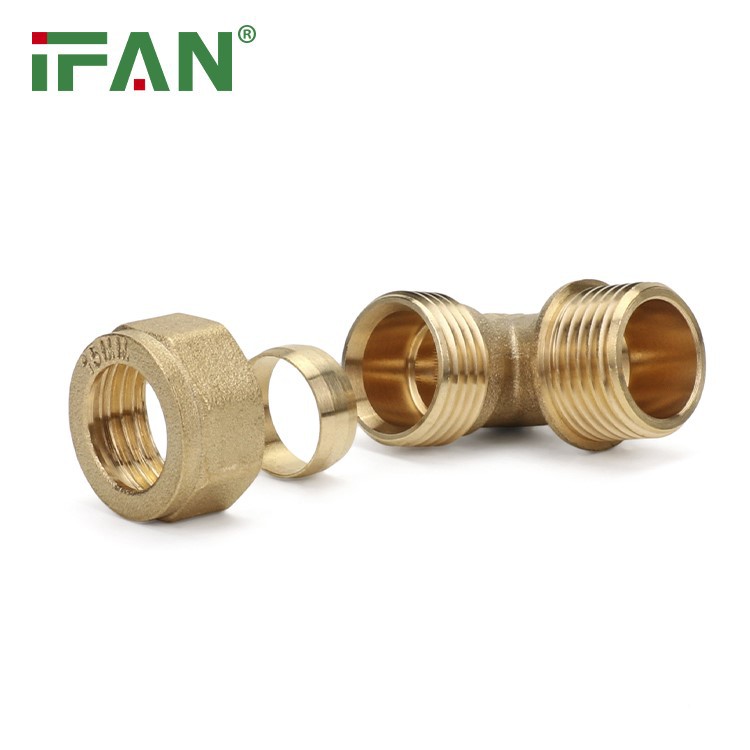
III. Construction and Architecture
Copper has been used in architectural applications for centuries due to its aesthetic appeal and longevity:
Roofing: Copper roofs offer durability, corrosion resistance, and an attractive patina that develops over time.
Gutters and Rainwater Systems: Copper gutters effectively channel rainwater and add an elegant touch to the building's exterior.
Facades and Cladding: Copper panels and sheets are used to create visually striking facades and cladding in architectural design.
Decorative Elements: Copper is often incorporated into interior design elements, such as wall coverings, light fixtures, and door handles.
IV. Industrial Machinery and Equipment Copper and copper alloys are widely used in various industrial applications due to their mechanical and thermal properties:
Heat Exchangers: Copper heat exchangers efficiently transfer heat between fluids in industrial processes, HVAC systems, and power generation.
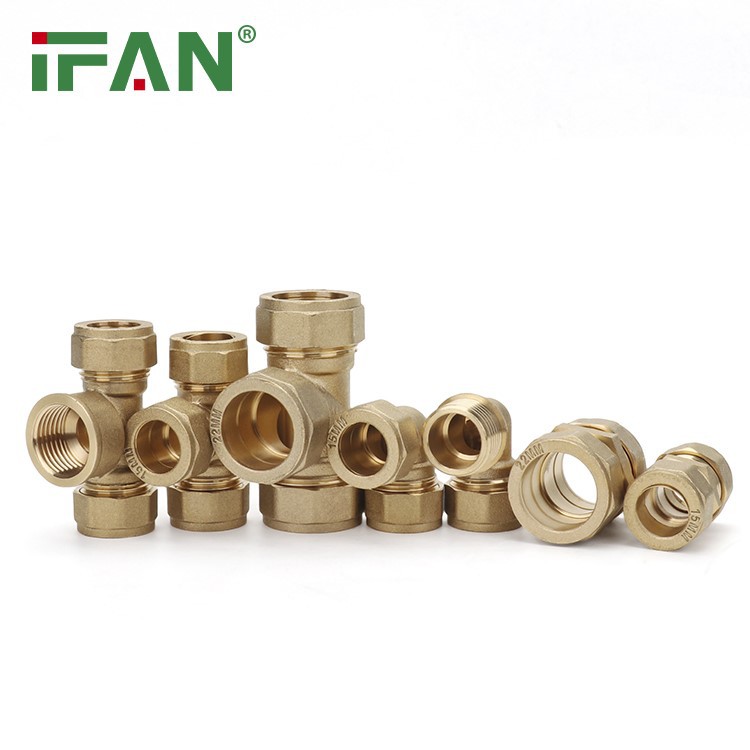
Electrical Connectors: Copper's conductivity and malleability make it an ideal material for electrical connectors, terminals, and bus bars.
Bearings and Bushings: Copper alloys, such as bronze, offer excellent friction properties and are commonly used in bearings and bushings.
Valves and Pumps: Copper alloys provide corrosion resistance and durability in valves, pumps, and other fluid handling equipment.
V. Coins, Jewelry, and Art
Copper has a long history of use in coins, jewelry, and artistic creations:
Coins: Copper, along with other metals, is used to mint coins such as pennies, which are commonly made of copper-plated zinc.
Jewelry and Accessories: Copper's warm reddish-brown color and malleability make it popular in jewelry and accessories like bracelets, necklaces, and earrings.
Sculptures and Artwork: Copper's ductility allows it to be formed into intricate shapes, making it a preferred material for sculptures and artistic creations.
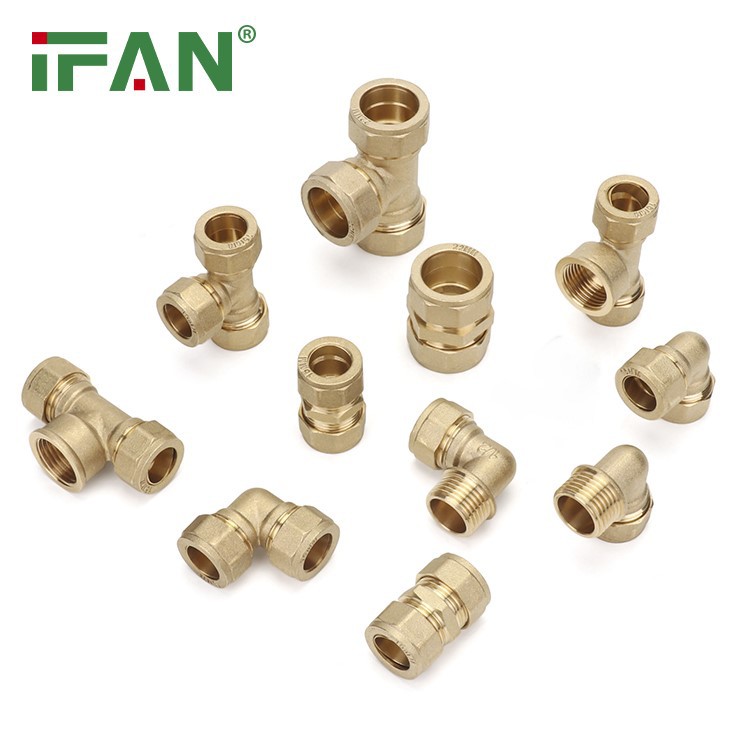
VI. Other Applications
Apart from the above, copper finds use in many other applications, including:
Antimicrobial Surfaces: Copper's antimicrobial properties make it suitable for coating surfaces in hospitals, public spaces, and food processing facilities to help control the spread of bacteria.
Automotive Industry: Copper is used in wiring harnesses, radiators, and brake lines in automobiles.
Renewable Energy: Copper is used in solar panels, wind turbines, and electrical components of renewable energy systems.
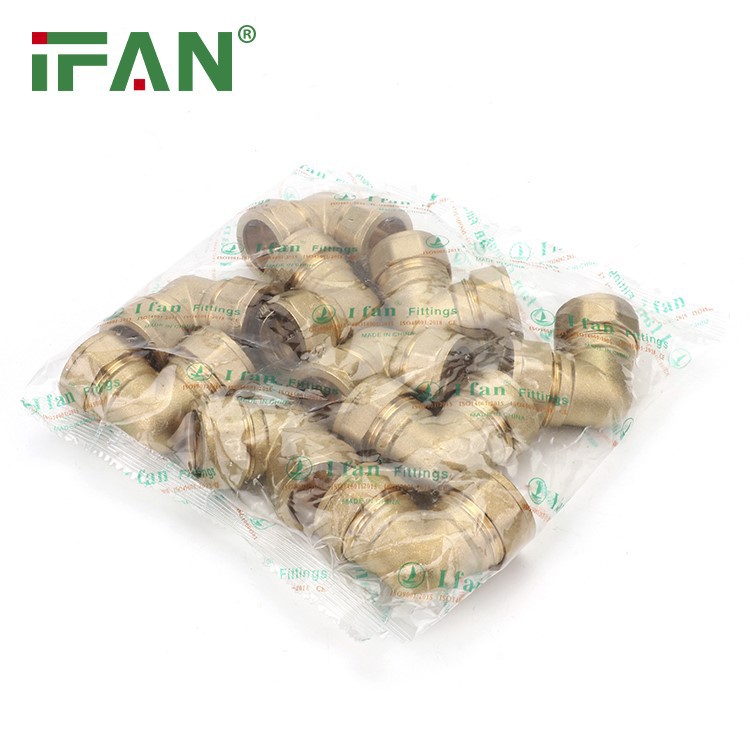
In conclusion, copper's unique properties, including excellent electrical conductivity, corrosion resistance, malleability, and aesthetic appeal, contribute to its wide range of applications. From electrical wiring and plumbing systems to architectural design, industrial machinery, and artistic creations, copper plays a crucial role in various industries and continues to be an essential metal in modern society.